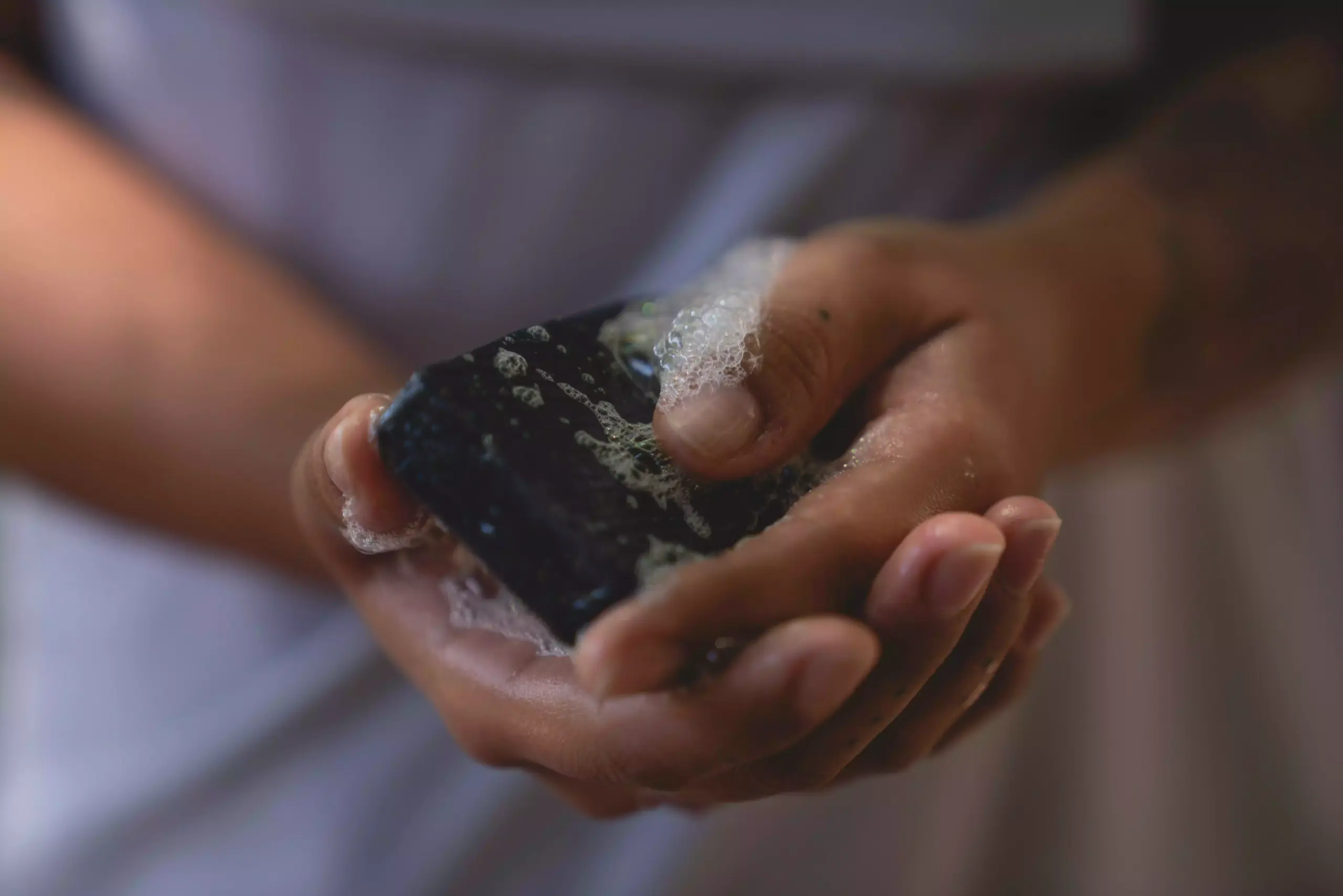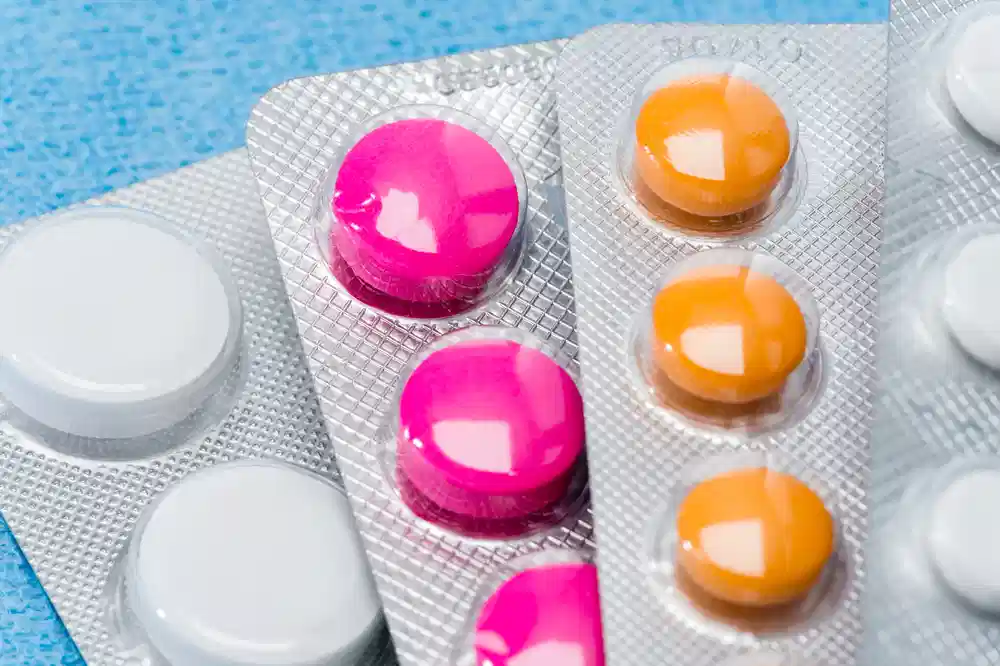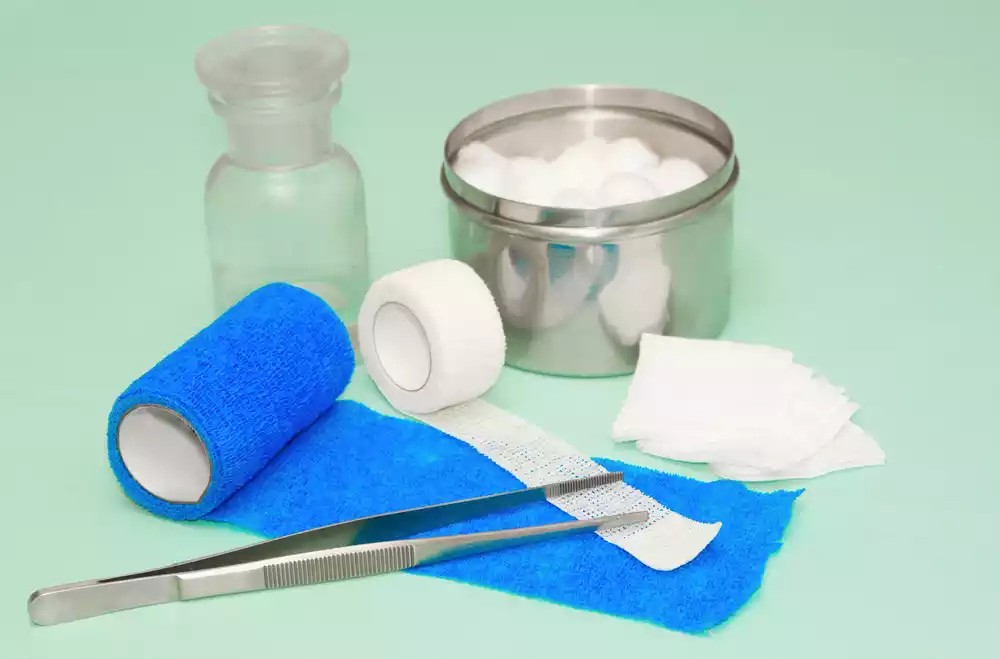Recovering from surgery requires careful attention and a good aftercare routine to ensure a smooth healing process and prevent complications. One of the primary concerns following any surgical procedure is the risk of infection. Knowing how to effectively avoid infection after surgery is crucial for promoting optimal healing and maintaining your overall well-being.
Preparing your home environment
A clean and organized home environment is the first step in setting the foundation for a successful recovery. Creating a sanitary space can greatly help you avoid infection after surgery and accelerate the healing process.
Declutter and clean your space
Before undergoing surgery, ensure that your home is clean and free from clutter. This not only reduces stress but also minimizes dust and germs, which can contribute to infection risks.
- Focus on high-touch areas: Regularly disinfect doorknobs, light switches, and other frequently touched objects to prevent the spread of bacteria.
- Sanitize surfaces: Clean countertops and tables where you may place personal or medical items during your recovery.
Set up a recovery area
Designate a quiet and comfortable area in your home for recovery. Ensure it is equipped with essentials like clean sheets, towels, and a place to rest your medications and water.
- Comfortable bedding: Use clean, fresh linens to keep your resting area free of irritants.
- Proximity to essentials: Keep frequently used items, such as water, snacks, and medications, within arm’s reach to minimize movement and strain.

Personal hygiene practices
Maintaining good personal hygiene is essential for avoiding infection after surgery. By incorporating effective hygiene practices, you can safeguard your healing process and reduce the likelihood of complications.
Hand hygiene
Proper hand hygiene is critical. Washing your hands frequently with soap and water helps remove germs and prevents infection-transmission.
- Wash hands thoroughly: Spend at least 20 seconds washing your hands, especially before touching surgical sites or changing dressings.
- Use hand sanitizer: Keep a hand sanitizer containing at least 60% alcohol nearby for times when soap and water are not available.
Bathing and showering
Maintaining cleanliness extends to your entire body, but it requires caution around surgical sites.
- Follow showering instructions: Adhere to your surgeon’s guidance regarding when and how you can shower. Use mild, non-irritating soap, and avoid scrubbing incision sites.
- Pat dry: Gently pat dry the area around incisions instead of rubbing, which can irritate the skin.
Proper wound care
Attending your surgical wounds with care is key to preventing infections. Proper wound care practices are essential to avoid infection after surgery.
Dressing changes
Regularly change wound dressings as instructed by your surgeon to maintain a clean environment that facilitates healing.
- Use sterile supplies: Always use sterile materials for dressing changes, and follow proper techniques to prevent introducing bacteria.
- Check for signs of infection: Be vigilant for symptoms like redness, swelling, or unusual discharge around the wound, and report them to your surgeon promptly.
Avoiding contaminants
Protect the wound area from potential contaminants to avoid infection after surgery.
- Keep the area covered: Use clean, protective coverings to shield the incision from dirt and bacteria.
- Minimize exposure: Avoid exposing the surgical site to water (e.g., swimming) until fully healed.
Nutrition and hydration
Supporting your body with proper nutrition and hydration plays an essential role in recovery and helps you avoid infection after surgery.
Healthy eating habits
Eating a balanced diet rich in nutrients strengthens your immune system and aids healing.
- Include proteins: Incorporate protein-rich foods like lean meats, beans, and dairy to support tissue repair.
- Balance nutrients: Consume fruits and vegetables packed with vitamins and antioxidants to enhance immunity.
Staying hydrated
Adequate hydration helps maintain overall health and prevents dehydration that can hinder recovery.
- Drink plenty of water: Aim for at least 8 cups of water daily, unless advised otherwise by your surgeon.
- Avoid dehydration: Monitor fluid intake, especially if you experience loss of appetite or nausea.

Monitoring for signs of infection
Regularly check for any signs or symptoms of infection to ensure timely intervention and care.
Recognizing symptoms
Stay alert to any changes that might indicate infection:
- Redness or swelling: Be cautious of increased redness or swelling around the surgical site.
- Fever or discharge: Monitor for fever, unusual discharge, or persistent pain that doesn’t improve.
- Prompt communication: Report any concerning symptoms to your surgeon to avoid infection after surgery.
Follow surgeon instructions
Adhering to your surgeon instructions is paramount when aiming to avoid infection after surgery.
Medication management
Take prescribed medications as directed to support recovery and prevent complications.
- Follow prescription guidelines: Use antibiotics or prescribed medications exactly as instructed, and complete the entire course even if you’re feeling better.
- Pain management: Use pain relief consistently to remain comfortable during recovery.
Post-op appointments
Attend follow-up appointments to ensure proper healing and address any concerns.
- Regular check-ins: Keep all scheduled follow-up visits with your surgeon for continuous evaluation and guidance.
- Discuss concerns: Use these appointments to discuss any uncertainties or symptoms that arise.

Enjoy a safe recovery at home
A smooth recovery at home hinges on effective strategies to avoid infection after surgery. By preparing your environment, practicing good hygiene, and following your surgeon’s advice, you can support your body’s natural healing process and reduce the risk of complications.
For those considering cosmetic surgery, Clinica Renueva in Tijuana offers unmatched expertise and care. Our team is dedicated to providing exceptional results while prioritizing your health and safety, making us the ideal choice for cosmetic surgery in Tijuana.






